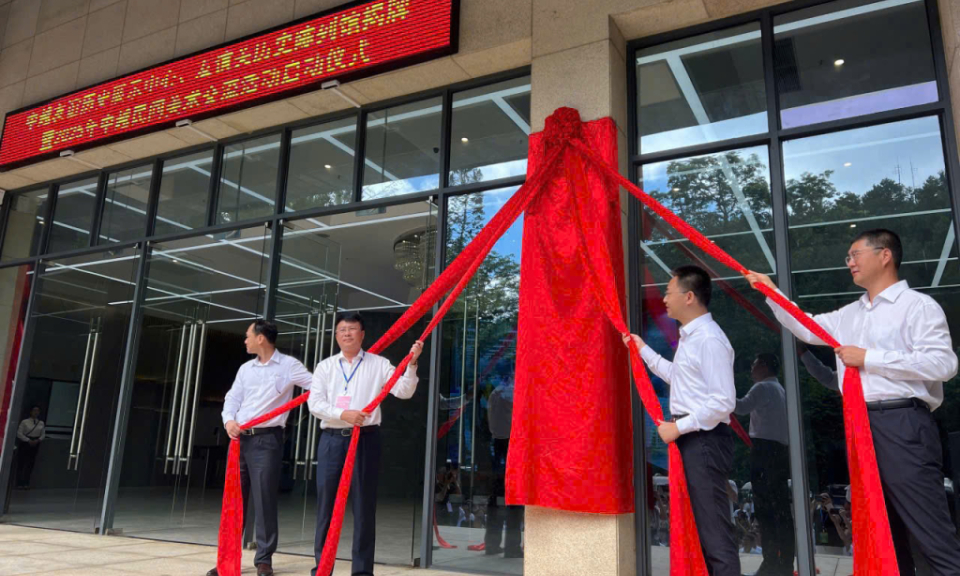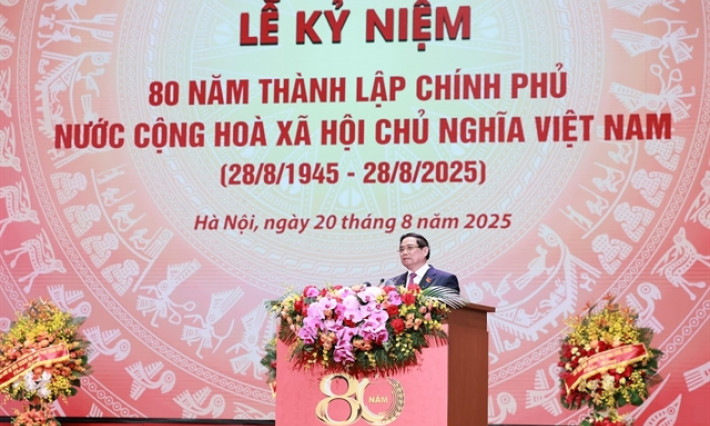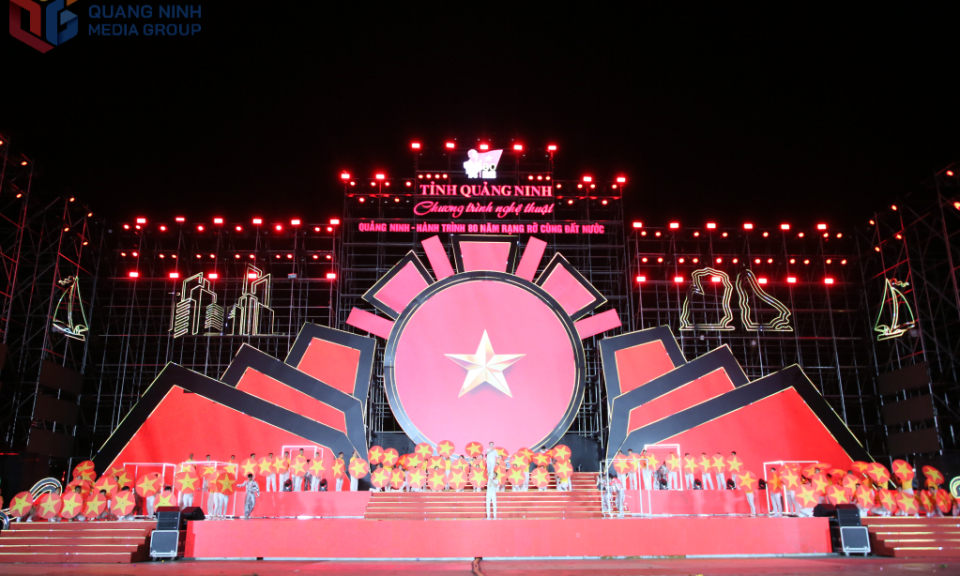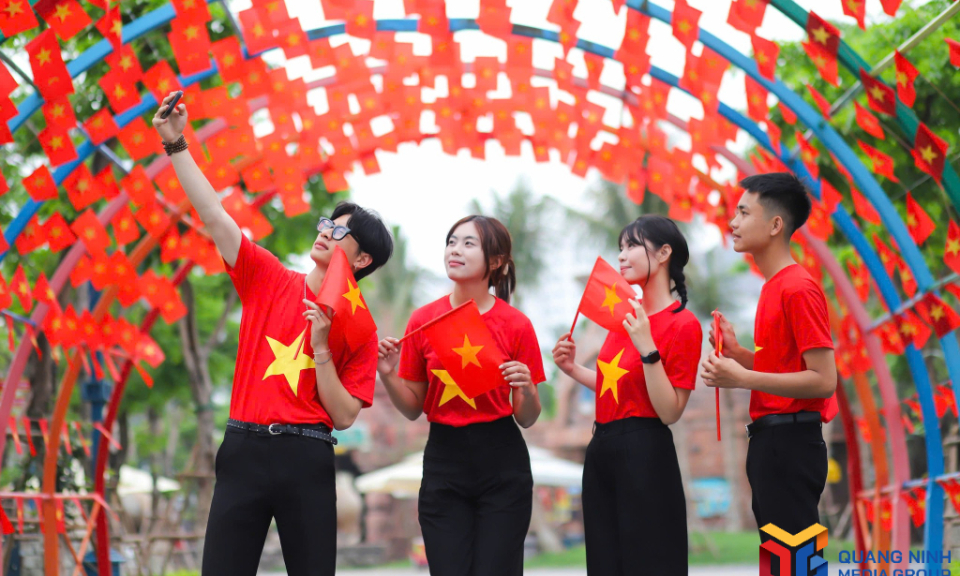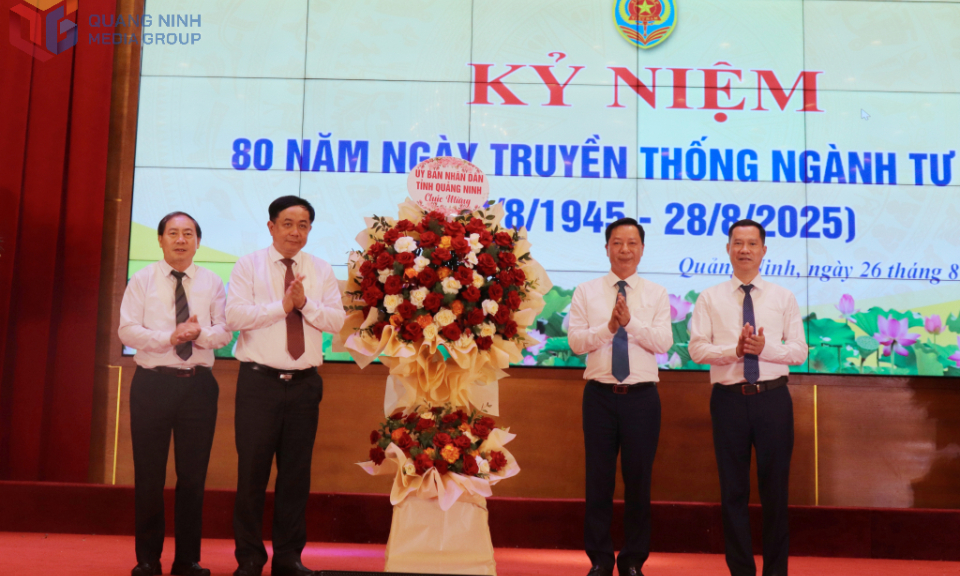A new chapter for Yen Tu
On July 12, the Yen Tu-Vinh Nghiem-Con Son, Kiep Bac Relics and Scenic Complex, spanning the provinces of Quang Ninh, Bac Ninh, and the city of Hai Phong, was officially inscribed on UNESCO’s World Heritage List. As Vietnam’s ninth World Heritage site and the nation’s second interprovincial inscription, this milestone is not only a source of immense pride but also ushers in new opportunities for safeguarding and promoting the site’s enduring cultural values.
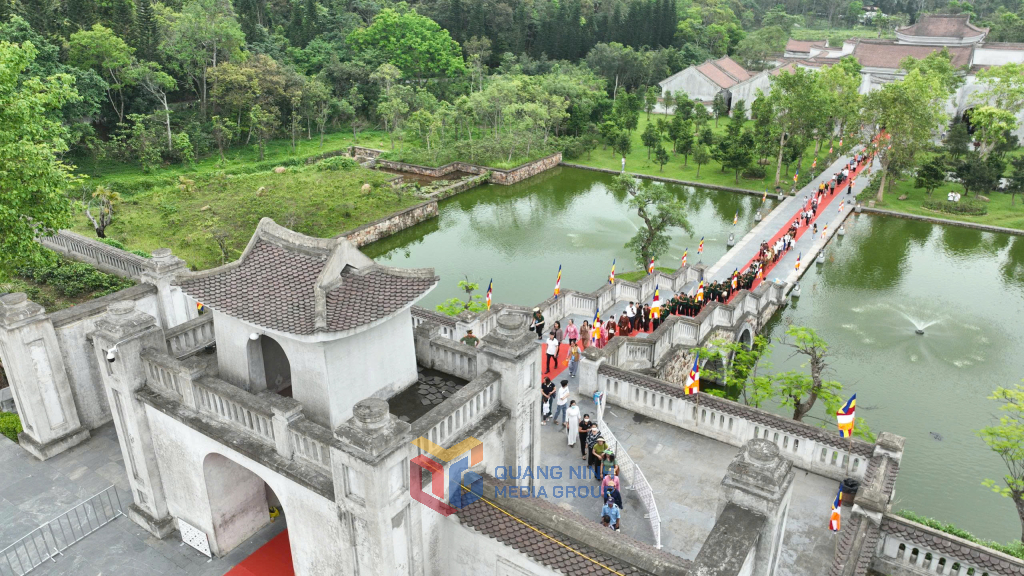
Venerable Thich Truc Tu Hoang, who has spent a decade practicing at Yen Tu, shared: “As a monk inheriting the spiritual tradition of King-Monk Tran Nhan Tong, I feel profoundly honored by Yen Tu’s recognition as a World Cultural Heritage site. It affirms global acknowledgment of our patriarch’s legacy. Continuing his teachings, we strive to inspire monks, nuns, and lay followers toward goodness and a better society.”
Yen Tu has, for centuries, stood not only as the spiritual heart of the Truc Lam Zen school but also as a living testament to the harmony between religion and daily life, humanity and nature. The forest paths remain shaded by 700-year-old pines and red cypresses; timeworn pagodas such as Lan, Giai Oan, Hoa Yen, and Mot Mai still echo the footsteps of Tran Nhan Tong on his journey to enlightenment and the founding of a uniquely Vietnamese Zen tradition grounded in engaged Buddhism.
With the new UNESCO title, emotions run high among locals and visitors alike. “I’m deeply moved and proud,” said Pham Thi Ngoc Diep from Dong Trieu. “Not just because Yen Tu’s landscape is awe-inspiring, but because its enduring cultural legacy has now reached the world. I hope this recognition helps Yen Tu shine even brighter, becoming a timeless spiritual and cultural destination.”
This heritage inscription calls for not only celebration but also responsible stewardship. For Yen Tu, conservation and value promotion go hand in hand, balancing preservation with sustainable tourism and sharing the unique spirit of Truc Lam Buddhism with the international community.
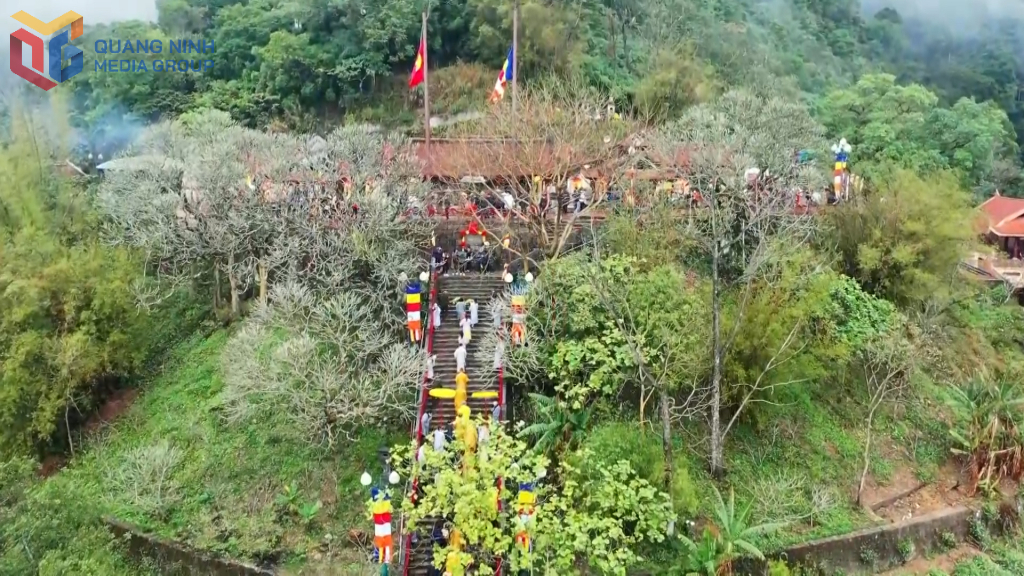
Quang Ninh province has made considerable efforts to safeguard the site for years. In 2002, the province halted coal mining, designated Yen Tu as a national forest, and focused on ecological restoration. Local authorities, especially in Uong Bi, engaged residents to protect biodiversity, practice cultural tourism, and restore relics with spiritual sensitivity. Simultaneously, they invested in infrastructure to integrate Yen Tu with surrounding heritage sites, notably the Tran Dynasty Relics in Dong Trieu.
The province has also welcomed visionary investors. Tung Lam Development JSC, for instance, has developed a range of facilities from eco-lodging and wellness retreats to modern cable cars and immersive cultural experiences.
“Yen Tu’s inscription is a historic achievement and a call to action,” said Le Trong Thanh, Deputy Director of the company. “We are committed to working with the community and authorities to bring Yen Tu to a global audience.” Upcoming initiatives include the promotion of the Tran Nhan Tong Museum, digitization of heritage assets, and expanded offerings at Nuong Village, including Zen meditation programs and wellness tourism.
Looking forward, Quang Ninh aims to implement sustainable management models under the newly passed 2024 Cultural Heritage Law, aligning with UNESCO’s principles. This includes heritage impact assessments, holistic conservation planning, and the integration of tangible and intangible heritage preservation to benefit local communities.
Yen Tu embodies both cultural heritage and national spirit from a pivotal era in Vietnam’s history. Honoring this legacy is not only about tourism, it’s about awakening pride, nurturing identity, and passing on the soul of this sacred mountain and its Zen teachings.
Yen Tu will forever remain a revered “blessed land” of the Vietnamese people, radiant and eternal.

